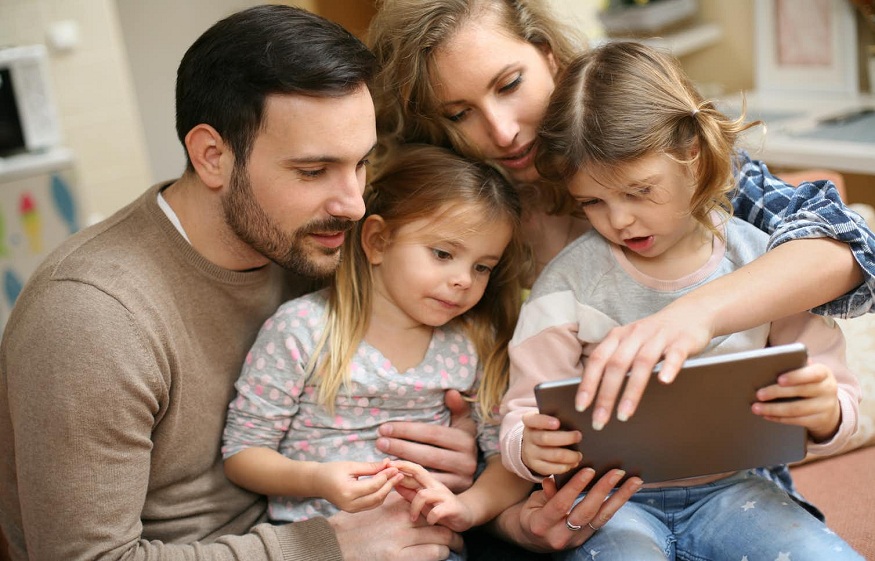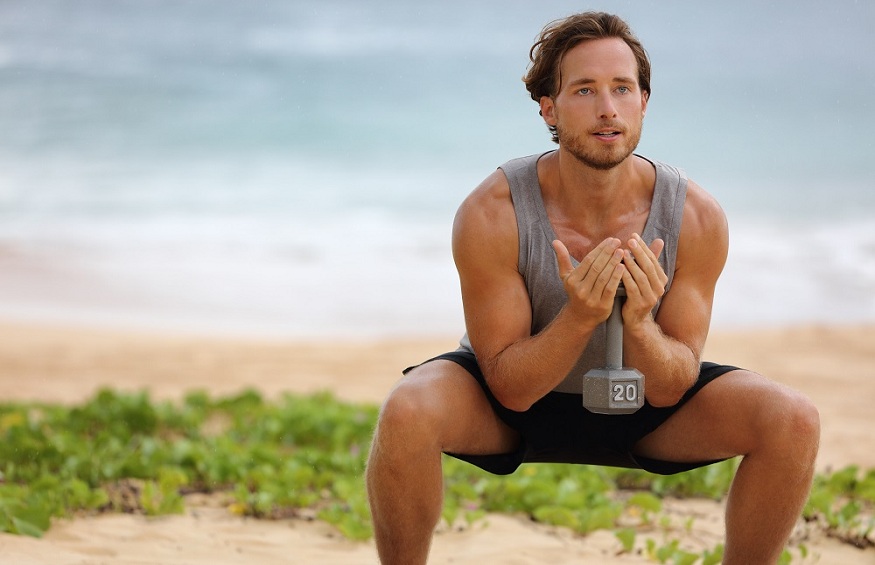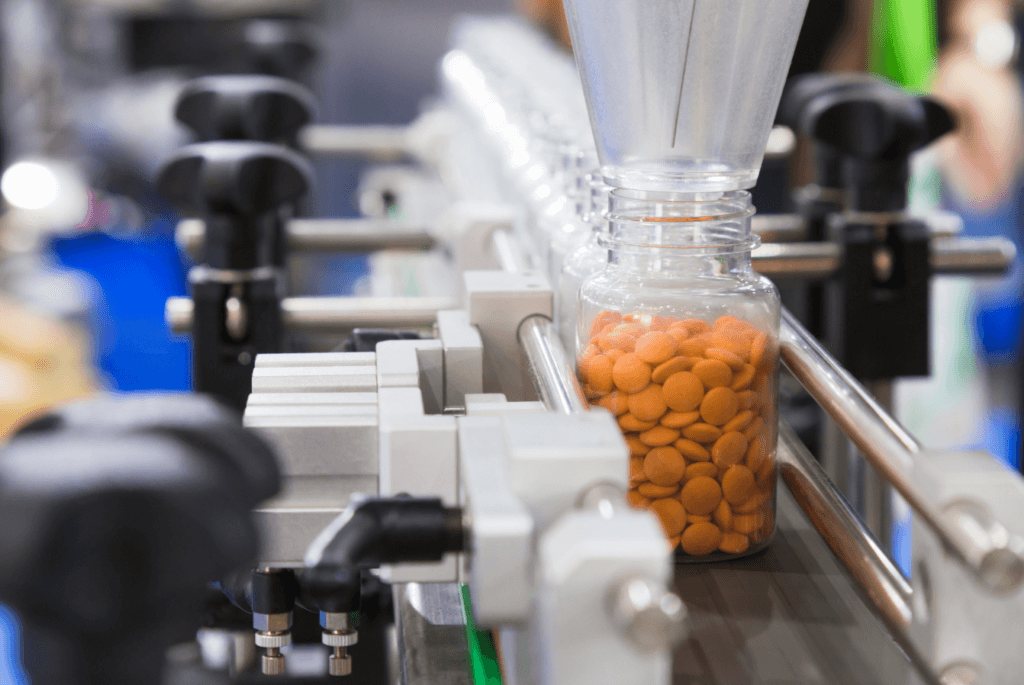Paediatric Rehabilitation Medicine is a specialized branch of medicine focused on enhancing the quality of life and functional abilities of children with disabilities. It aims to promote independence, improve physical and cognitive functioning, and maximize the overall well-being of children facing various challenges.
In this blog post, we will explore the importance of paediatric rehabilitation medicine and how it plays a crucial role in supporting children with disabilities.
Understanding Childhood Disabilities
Childhood disabilities encompass a wide range of conditions that can affect a child’s physical, cognitive, communication, and social abilities. These disabilities may result from birth defects, genetic conditions, developmental disorders, traumatic injuries, or chronic illnesses. Examples of childhood disabilities include cerebral palsy, spina bifida, muscular dystrophy, traumatic brain injuries, and developmental delays. Each disability presents unique challenges and requires individualized care.
The Role of Paediatric Rehabilitation Medicine
Paediatric rehabilitation medicine focuses on improving the functional abilities and quality of life of children with disabilities through a multidisciplinary approach. Paediatric rehabilitation specialists work closely with a team of healthcare professionals, including physiotherapists, occupational therapists, speech therapists, psychologists, and social workers, to provide comprehensive care. The goal is to help children reach their maximum potential and actively participate in daily activities, education, and social interactions.
Comprehensive Assessment and Individualized Treatment
Paediatric rehabilitation medicine begins with a comprehensive assessment of the child’s abilities, limitations, and goals. The team evaluates the child’s physical, cognitive, and emotional functioning to develop a personalized treatment plan. This plan may include physical therapy to improve mobility and strength, occupational therapy to enhance daily living skills, speech therapy to address communication challenges, and psychological support to promote emotional well-being. Paediatric rehabilitation specialists monitor progress closely, making necessary adjustments to the treatment plan as needed.
Enhancing Physical Functioning
Physical rehabilitation is a key component of paediatric rehabilitation medicine. Physical therapists work with children to improve their strength, flexibility, balance, coordination, and mobility. They utilize various techniques and exercises tailored to the child’s specific needs. These interventions can help children with disabilities gain greater independence in activities such as walking, climbing stairs, and performing self-care tasks.
Cognitive and Developmental Support
Paediatric rehabilitation medicine also addresses cognitive and developmental aspects. Occupational therapists focus on enhancing cognitive skills, fine motor skills, and sensory integration. They work with children to improve attention, problem-solving, hand-eye coordination, and self-regulation. Speech therapists help children overcome communication difficulties and develop language skills, speech clarity, and social communication abilities. These interventions empower children to express themselves, interact with others, and participate fully in academic and social settings.
Psychosocial and Emotional Well-being
Children with disabilities may face psychosocial challenges, such as anxiety, depression, self-esteem issues, and social isolation. Paediatric rehabilitation medicine acknowledges the importance of addressing these emotional aspects. Psychologists and social workers collaborate with children and their families to provide counseling, emotional support, and strategies to enhance resilience. They also facilitate connections with support groups and community resources to promote social inclusion and foster a supportive environment.
Family-Centered Care
Paediatric rehabilitation medicine recognizes the significance of family involvement in a child’s rehabilitation journey. Family members are essential partners in the treatment process, as they provide continuous support and carry out therapy techniques at home. Paediatric rehabilitation specialists educate and empower families with the knowledge and skills to support their child’s progress outside of formal therapy sessions.
Conclusion
Paediatric Rehabilitation Medicine plays a crucial role in improving the lives of children with disabilities. By providing comprehensive assessment, individualized treatment plans, and a multidisciplinary approach, paediatric rehabilitation specialists empower children to reach their full potential and lead fulfilling lives. Through collaborative efforts with families and healthcare professionals, we can create a supportive environment that enables children with disabilities to thrive and overcome challenges, fostering their independence, well-being, and integration into society.





